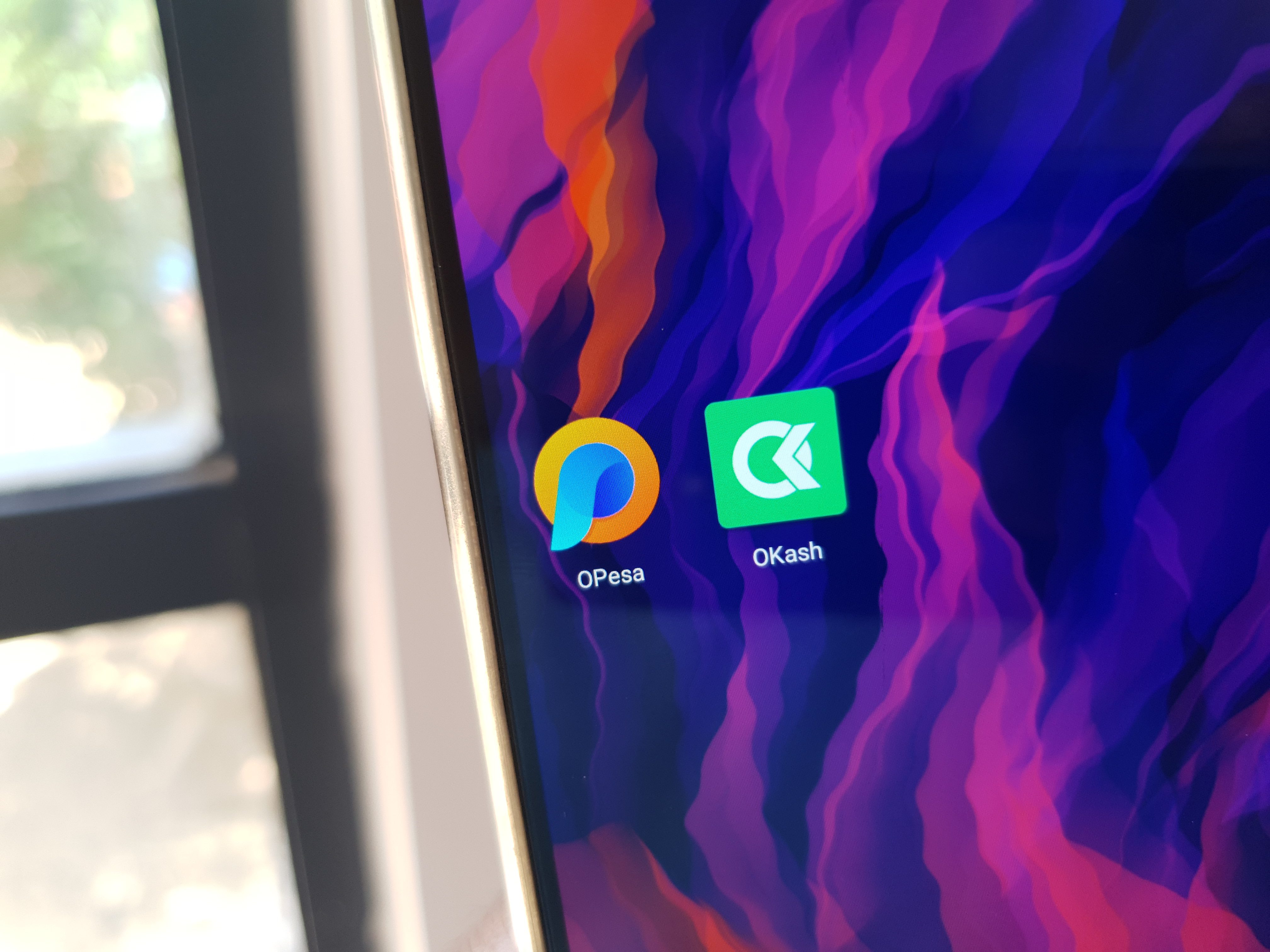IDEMIA Smart Identity, is working with the National Identity Management Commission (NIMC) to improve the Nigeria’s national ID system. This upgrade, funded by the World Bank, will allow the system to hold information for up to 250 million people and make sure everyone’s identity is unique.
IDEMIA Smart Identity and NIMC agreed to renew their collaboration and upgrade NIMC’s biometric system to become an advanced biometric system. The upgraded biometric matching system will be able to handle 1 million identity verification searches per day. Initially, the system was designed to support 100 million records but has already reached around 90 million records. Hence, it requires this upgrade in order to handle the entire Nigerian population.
In 2020, Nigeria received World Bank funding in for the Nigeria Digital Identification for Development (ID4D) project. The project set June 30th 2024 as the deadline to issue digital IDs to 148 million citizens. According to a recent World Bank report, Nigeria is well on course to reach the target by the set date.
Based on the report, the country through NIMC, has issued 104.16 million national identification numbers (NINs). This means 70 percent of the 148 million targeted citizens have been reached.
Nigerians New General-Purpose Smart ID
The news of the upgrade comes soon after the Federal Government of Nigeria announced issuance of new smart ID cards. NIMC in collaboration with the Central Bank of Nigeria (CBN) and the Nigeria Inter-bank Settlement System (NIBSS), is launching an identity solution will works as bank card too.
The financial services to be powered by AfriGO, a National domestic card scheme, will see the digital card used as a debit and prepaid card that will cater to both banked and unbanked persons.
“The National ID card, layered with verifiable national identity features, is backed by the NIMC Act No. 23 of 2007, which mandates NIMC to enrol and issue a General Multipurpose card (GMPC) to Nigerians and legal residents,” read part of the statement from NIMC.
Some of its features include: travel, health insurance information, microloans, agriculture, food stamps, transport, and energy subsidies. It will also have Nigeria’s quick response code (NQR) containing the national identification number. In addition, the card will have biometric authentication, such as fingerprint and pictures, in order to verify a person’s identity. This is a long running government initiative that began back in 2013.

However, last month, a number of Mobile service providers urged the Nigeria Communications Commission (NCC) to extend the deadline for linking SIM cards with users’ biometric digital ID (NIN). This is due to problems faced by agents of mobile telecom providers when uploading data onto the servers of NIMC.
NIMC Leaked Nigerians’ Data to Fraudulent Verification Agents
Perhaps what may worry Nigerians is reports that a company called XpressVerify, an identity verification provider, had unrestricted access to the country’s National Identification Database. This news was first reported by the Foundation for Investigative Journalism (FIJN).
The FIJN report alleges, XpressVerify was selling digital identity numbers (NINs), full names, phone numbers, addresses and photographs. People’s personal information was shockingly cheap – selling for as little as 200 naira (US$0.13) per record.
Following the allegations, NIMC issued a statement saying it offers NIN verification services and other services through licensed partners. However, neither XpressVerify nor NIMC clarified if XpressVerify is an official government partner or service provider. NMIC assured citizens and stakeholders that their digital identity data is secure.






























